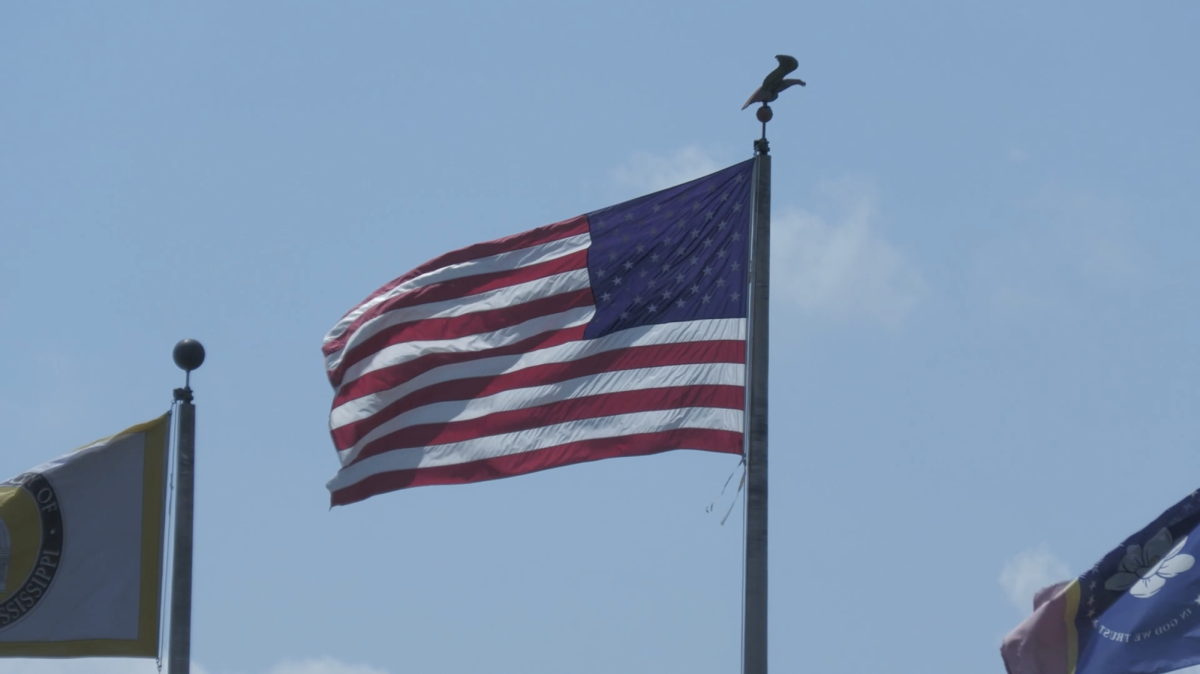A bipartisan group of 12 U.S. senators have introduced a new bill called the Campus Accountability and Safety Act. The bill aimed to regulate the way that universities handle on-campus sexual assault.
The newest version of this bill requires that university personnel who are involved in disciplinary actions meet specific training requirement along with a new set of standards for all personnel involved in the handling of sexual assault incidents. The bill would also require universities to complete a climate survey every two years.
The legislation would create uniform standards for universities when handling sexual assault incidents. Universities who do not comply with the standards would be fined for their lack of compliance.
Deena Crawford is the director of student counseling services at The University of Southern Mississippi. She is writing a grant proposal for funds to support a coordinated campus and community team to provide oversight on USM’s prevention programs, training and services for victims of sexual assault, domestic violence, dating violence and stalking. She emphasized the importance of clear and consistent policies regarding sexual assault.
“Advocacy and support for victims is a must,” Crawford said. “Universities also need to have prevention and education activities that inform students, faculty and staff of issues surround sexual misconduct. Having well-trained counselors, victim advocates, police and medical staff is important as well.”
While the legislation would create new standards for universities policies regarding sexual assault, universities would be able to maintain policies that extend beyond the standards.
Rebecca Malley, who is the title IX coordinator at Southern Miss, said there is a need for a balance between government requirements and universities’ freedom to create their own set of policies.
“It is my opinion that a balance of the two is optimal,” Malley said. “Clearly stated expectations by the federal government regarding what the ‘must have’ elements of sexual assault allegation reviews must include, with flexibility of an institution to meet those requirements in a manner most appropriate for that particular college or university.”
Malley also said that the current policies and procedures at Southern Miss call for internal investigations to determine whether or not an individual has violated the university’s sexual misconduct policy.
“USM’s sexual misconduct policy and procedures outline the process by which the university conducts internal reviews of sexual assault allegations,” Malley said.
“The internal process, as you will surmise from a review of it, is not a criminal proceeding and does not use a guilt-or-innocence standard. Rather, the goal is to determine whether or not it is more likely than not that the university’s sexual misconduct policy has been violated.”
Opponents of the bill believe that sexual assault is too difficult of an issue to create a one-size-fits-all solution and suggest that the creators of the bill believe that universities do not want to do the right thing in cases of sexual assault.




























